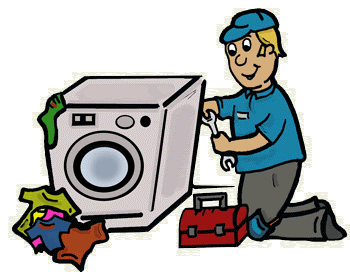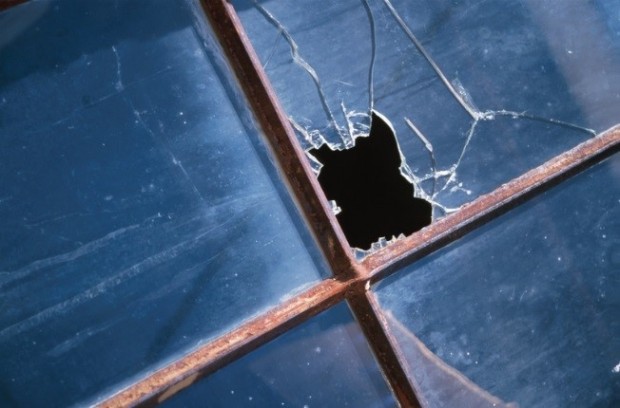Who pays for the new washing machine? If the property is rented furnished, then all ‘white goods’ will be supplied & must be in good working order. As must heating/aircon systems, pool pumps, irrigation systems etc., even in unfurnished properties. Basically, if it’s there when the tenant moves in, it must be in working order.
But what happens if it breaks down? Unless there has been misuse by the tenant, the property owner is responsible for the repair or replacement of these things. The logistics of payment can vary. The law says that the property owner should arrange for the repair/replacement as quickly as possible & pay for it himself. As I said earlier, the rental agent might take responsibility for this – but many don’t. If there is no agent, or if it’s a telephone/email support service, and the owner is unable to transfer funds quickly enough, it’s not unusual for the tenant to pay for the repairs himself & with the agreement of the owner, deduct it from the next rental payment. It is of course best to get the agreement in writing, and receipts would have to be supplied.
Maintenance of the structure of a property. The owner is responsible for the maintenance of the structure of the property. For example, if the roof leaks, the tenant isn’t responsible for the repair. If the door or window frames rot, it’s up to the owner to deal with it. If the terrace collapses into the cesspit, or the swimming pool springs a leak, it’s not the tenant’s responsibility. Even with a long term rental.
However – if the window is smashed/the shelf in the bathroom get damaged as a result of negligence by the tenant, then the tenant is responsible for the repair.
Maintenance of private pool & garden. This is a matter for individual contracts. In some cases the tenant will deal with it or pay someone to do it for them, in some it is included in the rent & paid for by the owner, & in others, the owner contracts an individual or company & the tenant picks up the bill. It’s important that this is clear in the contract, so both tenant & owner need to discuss their needs.
The LAU / Ley de Arrendamientos Urbanos – the law governing long term residential rental
The most important thing really is to COMMUNICATE – either with the agent or directly with the owner or tenant.
With thanks to Jo Ivory of Sunset Properties for helping with an ‘agents point of view’.




